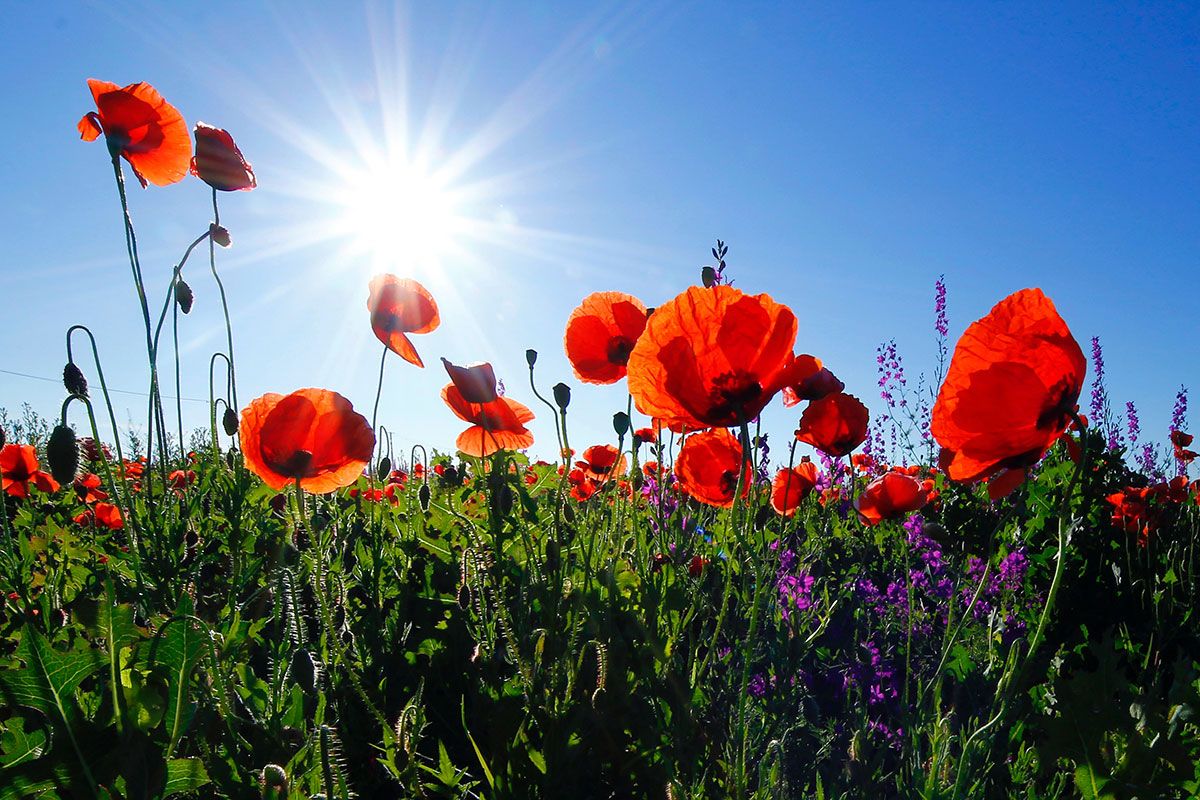Remembrance Sunday: Remembering Britain’s four-legged heroes
For many UK households, our pets are family. On Remembrance Sunday, we pause to honour human service and sacrifice—and it’s also a fitting moment to recognise the courage of animals who served alongside them. We explore how to mark Remembrance Sunday at home, the role dogs have played in conflict, and where you can learn more.

What is Remembrance Sunday?
Remembrance Sunday is observed across the UK on the second Sunday of November, with two minutes’ silence at 11:00, local wreath-laying at community memorials, and the national ceremony at the Cenotaph in Whitehall. It commemorates the contribution of British and Commonwealth military and civilian personnel in the World Wars and later conflicts.
Remembrance Sunday – a brief history of service dogs
Dogs have supported troops for over a century: carrying messages and medical kits, locating the wounded, detecting explosives and weapons, guarding perimeters, and boosting morale. Accounts from the First World War describe trained first-aid and messenger dogs working under fire to find casualties or relay critical information across trenches.
The animals’ “Victoria Cross”
Britain’s veterinary charity PDSA created the Dickin Medal in 1943 to recognise “conspicuous gallantry or devotion to duty” by animals in conflict. As of 2023, the medal has been awarded 74 times (including an honorary award to all animals of WWI), with recipients comprising 38 dogs, 32 pigeons, 4 horses and 1 cat – a powerful reminder that service takes many forms.
A place to pay respects in London
If you’re near the capital, the Animals in War Memorial on Park Lane, Hyde Park, bears the inscription “They had no choice.” Unveiled in November 2004 and designed by David Backhouse, it commemorates animals that served and died under British command. It’s a thoughtful stop for families visiting London around Remembrance Sunday.
Why this matters to homeowners and families
Britain is a nation of pet lovers: in 2024, an estimated 17.2 million UK households (60%) owned at least one pet, and around 28% of UK adults had a dog—roughly 10.6 million dogs nationwide. On Remembrance Sunday, small acts at home—quiet, inclusive, and age-appropriate—help connect family life with national remembrance.
Simple, respectful ways to mark Remembrance Sunday at home (with your dog)
-
Keep the two minutes’ silence at 11:00. If your dog reacts to door knocks or traffic, settle them beforehand with a short walk and enrichment (a snuffle mat or calm, quiet space). Timing the routine helps children understand and participate.
-
Wear a poppy and talk about its meaning. The Royal British Legion’s Poppy Appeal remains a major national fundraiser; in 2021, supporters raised £38.6 million – funds that provide practical help to the Armed Forces community.
-
Share a story. Read age-appropriate accounts of Dickin Medal recipients (for example, military working dogs or the carrier pigeons that braved hostile skies). Linking a short story to the silence helps children—and adults—frame the moment.
-
Visit a local memorial after the peak crowds. Many towns hold parades and services; later in the day can be quieter for nervous dogs. (Local ceremonies and wreath-laying are common features of Remembrance Sunday.)
-
Make a mindful walk. Choose a green space near a memorial. Keep dogs on leads, avoid congregations during services, and pick up after your pet so the area stays respectful for others.
The modern role of military working dogs
Today’s British Army and RAF Police dog teams train for detection (explosives, weapons, specialist search) and protection roles. Units such as the 1st Military Working Dog Regiment continue a century-long tradition, with handlers often rehoming retired dogs after service. These bonds underline why so many families choose to include pets in their remembrance rituals.
Talking points for families
-
Courage and care: Dogs didn’t choose danger, yet many saved lives—guided by training and the trust of their handlers. (Historical roles in WWI/WWII and later conflicts.)
-
Community: From village greens to city cenotaphs, XXX is observed locally—an opportunity to meet neighbours and veterans respectfully.
-
Giving: Buying a poppy, donating, or volunteering supports veterans and families today.
Travelling with pets on the day
If you plan to attend a service with your dog:
-
Check event guidance. Some ceremonies ask attendees to stand still for long periods; consider your dog’s temperament.
-
Arrive early, leave space. Give skittish dogs room at the edge of crowds and avoid the densest sections of a parade route.
-
Pack the basics. Water, biodegradable bags, and a spare lead. Keep treats to a minimum during the silence.
After the day: keeping remembrance alive
-
Learn together: Explore the Animals in War Memorial, or look up past Dickin Medal stories as bedtime reading.
-
Support year-round: The Royal British Legion’s work continues beyond November; local branches often welcome families at community events.
Frequently asked questions
Is Remembrance Sunday the same as Armistice Day?
Not exactly. Armistice Day is 11 November; Remembrance Sunday is the second Sunday of November (the nearest Sunday to the 11th). Many communities mark both.
Can I bring my dog to a local service?
Check local guidance. If permitted, position yourselves thoughtfully, keep your dog calm during the silence, and be ready to step away if they’re unsettled.
What’s an easy way to explain it to children?
Pair the poppy story with a true animal tale (for example, a Dickin Medal dog) and one simple action: wearing a poppy, keeping the silence, or placing a small paper poppy at a memorial.
Poop Patrol is here for everyday life with dogs—from daily walks to respectful community spaces. On Remembrance Sunday and all year round, we’re proud to live in a country that remembers.